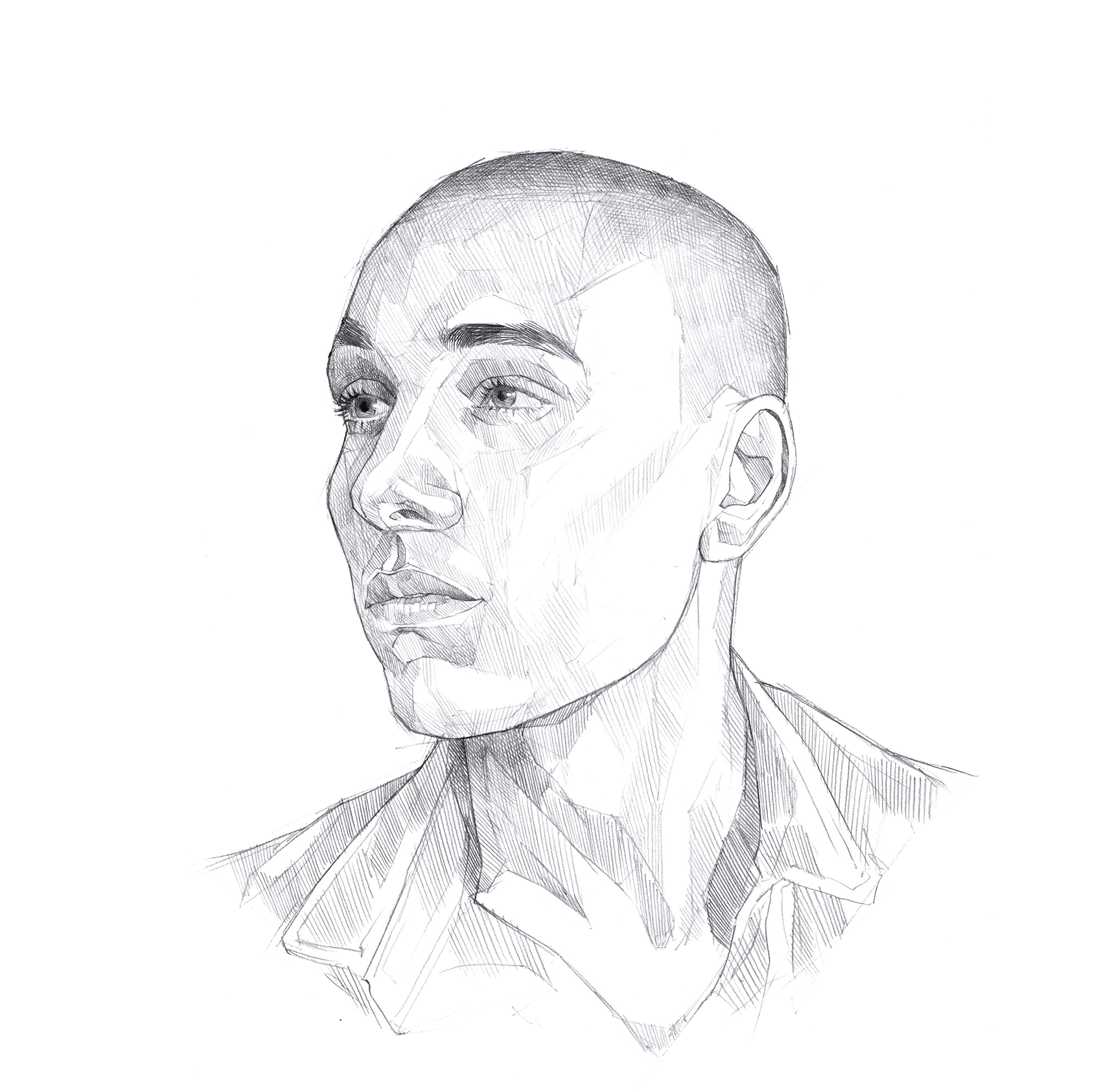MSVU
Facilitator: Do you think the policy should be in different languages? Participant 1: Oh yes. Participant 2: Yes. Participant 3: Yes, definitely. Participant 4: Yes. Participant 2: Can’t it be in English? English is fine,…
Participant 1: I don’t know what word to phrase it with, but [to support a survivor well], you can’t be someone who spreads it around. Participant 2: You have to be a trustworthy person. Participant…
Basically, being able to put yourself in the other person’s shoes helps with questions like whether it should be reported or how it should be reported. You should open up your state of mind, especially…
The first thing I will tell [a friend who comes to me for advice following sexual assault] is that she has to be strong. First, we must go to a clinic to get proof- crying…
So, basically, um, I agree with what the others said- it depends on where you are coming from. So, what someone from Canada may consider a sexual assualt may not be what someone from West…
[If I shared with my dad that I’d experienced a sexual assault], I think the first thing he would do is ask questions- “How did it happen?” “What happened?” Then, when he knows what happened,…
I think that this provided a lot of really good insight on – um, what more can be done for trans and non-binary people, because before I heard some of the ideas from Participant 1…
I also think that, just in general, […] trans and non-binary or LGBT, […] like, having, kind of, separate meetings for them can make it a lot more comfortable to discuss it in general […],…
Having the option of, like, anonymity […] would be important because […] some people might not want to go to, like, a […] meeting or a group about something like that, if they don’t want…
When considering like the basic wording of the policy, [it is important] to make sure that it is not, um, reflecting a ciscentric or a heterocentric um [pause] way of communicating resources to the […]…

